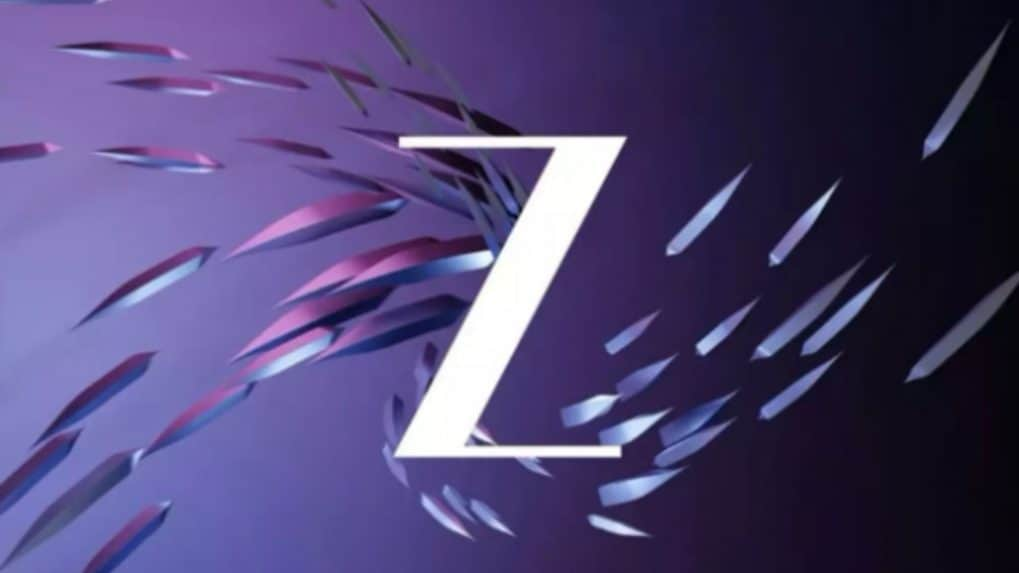How it Works
WPP, Havas, Omnicom: Are advertising’s biggest holdcos recasting agencies as AI Operating Systems?

Zee Entertainment Enterprises Limited (ZEEL) has called on the Telecom Regulatory Authority of India (TRAI) to make sweeping changes to its Draft Telecommunication (Broadcasting and Cable) Services Interconnection (Addressable Systems) (Seventh Amendment) Regulations, 2025. In a detailed submission dated October 14, 2025, the broadcaster pressed for stronger audit rights for broadcasters, clarity on infrastructure sharing, and a more transparent regulatory process.
ZEEL’s submission is the demand to restore the broadcasters’ “first and unfettered right to audit” the systems of Distributors Platform Operators (DPOs). The company argued that the restrictions currently embedded in Clause 15(1) of the regulations undermine the very purpose of an audit and must be removed. ZEEL highlighted that DPOs frequently under-report subscriber numbers, delay broadcaster-initiated audits, or demand strict proof of discrepancies found—practices that, according to ZEEL, erode transparency and directly impact broadcaster revenues.
The company emphasized that the right to audit must remain independent and exercisable at the broadcaster’s discretion, subject only to reasonable procedural safeguards. This would ensure broadcasters can verify Monthly Subscriber Reports and compliance with Schedule III requirements without procedural bottlenecks.
ZEEL also flagged practical challenges with the proposed timelines for sharing audit observations. The draft allows only 30 days for broadcasters to provide feedback to DPOs or auditors. ZEEL argued this is “not practically possible” since all reports are received around September 30, making it infeasible to review and analyze them in such a short window. The company proposed extending the timeline to at least 90 days.
Additionally, ZEEL pointed out that some DPOs share audit reports in hard copy, which makes analysis cumbersome. It urged TRAI to mandate digital submission in readable PDF formats along with annexures for effective examination.
The broadcaster raised concerns over exempting smaller DPOs from mandatory audits, warning that such exemptions could create compliance gaps and revenue risks. ZEEL maintained that uniform audit standards must apply to all addressable systems, regardless of subscriber base, to uphold transparency. It also argued that broadcasters should retain discretionary rights under Regulation 15(2) to audit smaller DPOs once annually, ensuring their subscriber reporting is not left unaudited.
ZEEL further objected to allowing DPOs to select auditors, calling it a potential conflict of interest. Instead, auditor selection should lie with the broadcaster. Once finalized, audit reports should be treated as conclusive unless fresh authorization is obtained, the company said.
Opposition to BECIL Preference and Regulatory Concerns
ZEEL criticized the draft regulations for seemingly giving preferential status to BECIL (Broadcast Engineering Consultants India Ltd.) in audit-related functions. It argued that this approach undermines neutrality and competitive equality by singling out one entity for preferential treatment. The company called for an open, merit-based empanelment and selection process, without implied preferences for any specific auditor.
ZEEL also expressed concern that broadcaster inputs and IBDF submissions to the earlier consultation paper have not been adequately reflected in the draft regulations. It said this raises questions about the transparency and participatory nature of the regulatory process.
Additionally, the proposed transition period for implementing new audit procedures and infrastructure mechanisms was deemed inadequate. ZEEL requested a minimum of one year from notification of the amendment to allow stakeholders to realign systems, processes, and contracts. It also cautioned TRAI against assuming quasi-judicial roles, such as interpreting audit disputes or compliance cases, arguing this could blur regulatory and adjudicatory functions and lead to jurisdictional conflicts.
On infrastructure sharing, ZEEL demanded that DPOs must secure prior written approval or a No Objection Certificate (NOC) from broadcasters before entering into any sharing arrangement. Broadcasters, in turn, should be allowed to audit infrastructure providers’ systems before operationalizing such sharing.
The company stressed that Shared SMS and DRM systems must independently meet all regulatory requirements for each DPO. Each DPO must have separate system instances to enable entity-wise data reconciliation. ZEEL also called for explicit rules to prevent DPOs facing signal disconnection due to piracy or unpaid dues from bypassing enforcement through shared infrastructure.
Broadcasters should have the right to conduct technical audits before allowing infrastructure sharing to ensure compliance with TRAI regulations. Non-compliant DPOs should face signal disconnection, even within shared infrastructure arrangements.
Call for a Transparent and Equitable Framework
ZEEL urged TRAI to reconsider its draft and incorporate the broadcaster’s recommendations to restore audit independence, eliminate institutional biases, ensure adequate transition timelines, and establish a transparent and technically sound regulatory framework.
“A robust, independent audit regime and fair infrastructure sharing mechanisms are essential for maintaining transparency, ensuring compliance, and protecting broadcaster revenues,” ZEEL said in its submission.
The TRAI’s draft amendments, issued earlier this year, seek to update audit mechanisms and infrastructure-sharing norms in the broadcasting sector. With multiple stakeholders, including broadcasters and DPOs, filing their responses, the regulator is expected to finalize the amendments after reviewing all submissions.
From purpose-driven work and narrative-rich brand films to AI-enabled ideas and creator-led collaborations, the awards reflect the full spectrum of modern creativity.
Read MorePraveen Someshwar, Managing Director and CEO of Diageo India, joins the Grand Jury of the Storyboard18 Awards for Creativity, highlighting the awards’ focus on work that blends cultural relevance with strategic and commercial impact.